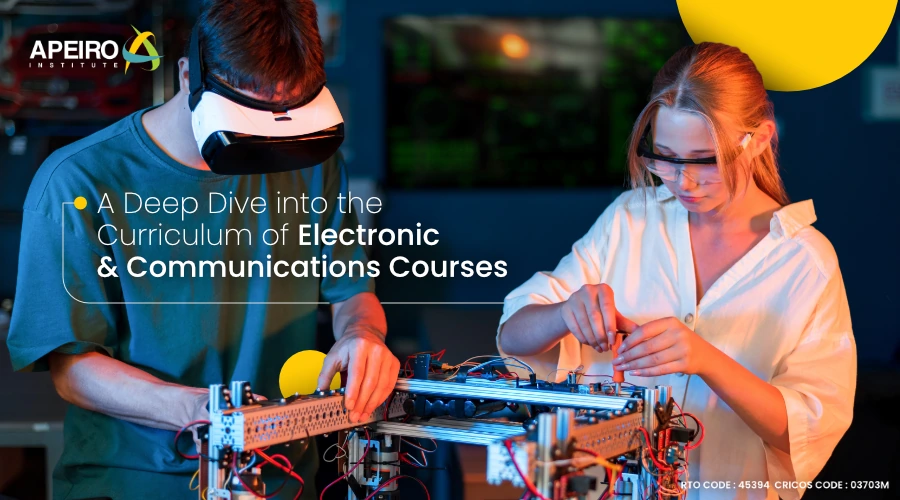Unsure of what to study? For overseas students, Australia offers many great courses, but it’s crucial to pick the one that interests you and will help you further in your career. It is a significant choice to make, so allow us to assist you with five excellent suggestions that will make the choice easier.
- Learn About the Industry You Want to Work In
Choosing the appropriate job route should be one of your top priorities. The programmes that will provide you with the skills and knowledge required in Australia are those that, if you apply for a student visa,you are more likely to result in permanent residency. Always evaluate how a course will prepare you for a certain sector when deciding whether to apply for it. You need to learn about the many job categories that are out there, the pay scale, and how simple it is to land a good job in the field. - Focus on Subjects You Enjoy Studying
It is advisable to concentrate on studying subjects you genuinely find interesting. Some students are enticed to pursue specific fields of study only because they may obtain a lucrative career and well-paid jobs. Consider whether the course you are thinking about will be something you can continue to do for the rest of your life. Are you anticipating this class? Does it align with your abilities and skills? International students can enrol in a variety of undergraduate and graduate programmes as well as Vocational Education and Training (VET) and Technical and Further Education (TAFE) courses in Australia. Whatever path you take, you’re bound to find topics that interest you. - Get a generalist degree
Choose a wide subject of studies, such as science, IT, business, or the arts, if you are unsure of what course or industry you could be interested in. Before deciding on only one and finishing a degree in that discipline, you’ll be able to mix numerous topics to obtain a taste of other study fields. - Complete a two-part degree
You have the option of doing a two-part course at several Australian universities and other educational institutes. This implies that you may select a general field of study, like health science, and then pick a niche within it. It is the greatest choice for students who have an idea of what they want to study in general but who need more time to decide on a career. - Try a Field of Study with a Short Course
Before deciding if it’s the area you want to pursue, you may always start with a lesser degree of education. A six-month accounting course, for instance, can help you determine whether you want to enrol in a two-year advanced accounting programme. It is simpler to move to a higher-level qualification through a pathway if you do appreciate the programme. If you don’t like the experience, you can take another short course or choose your second-favorite choice.
Although the majority of people envision expansive outback bushes, kangaroos, koalas, pure air, and water when they envision Australia. Australia, though, has so much more to offer than that! Due to its welcoming culture and a good level of life, Australia is a popular study destination for overseas students. It doesn’t matter what kind of study you are pursuing in Australia, or how long you expect to stay; with a little information and planning, you may have a safe and fulfilling study experience.
for additional information about the Apeiro Institute’s numerous programmes, costs, and application deadlines.






